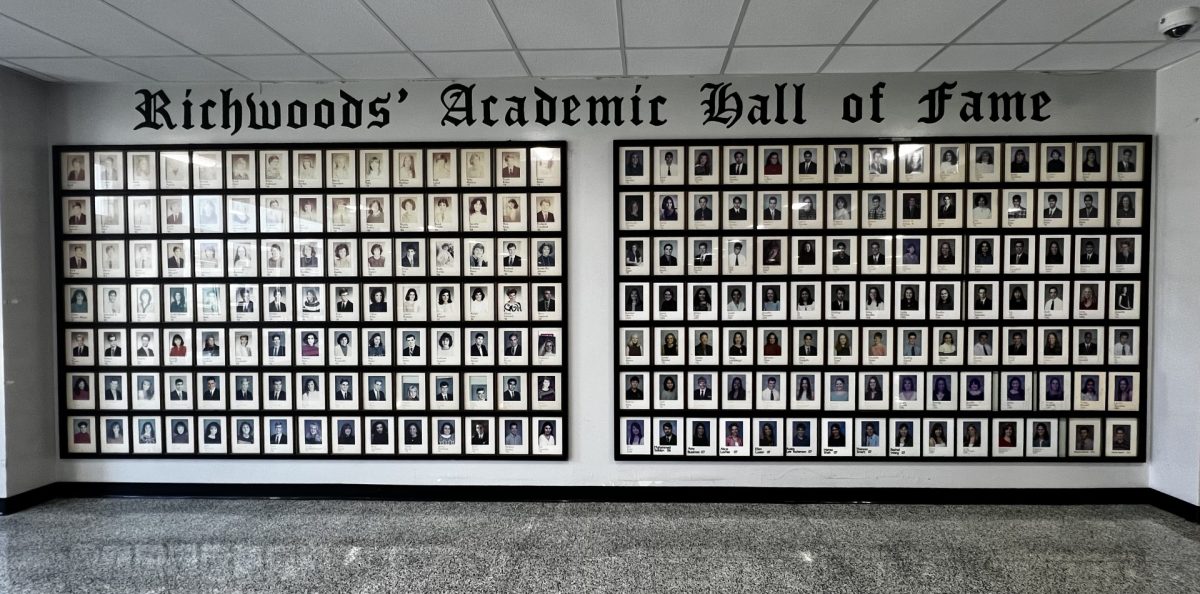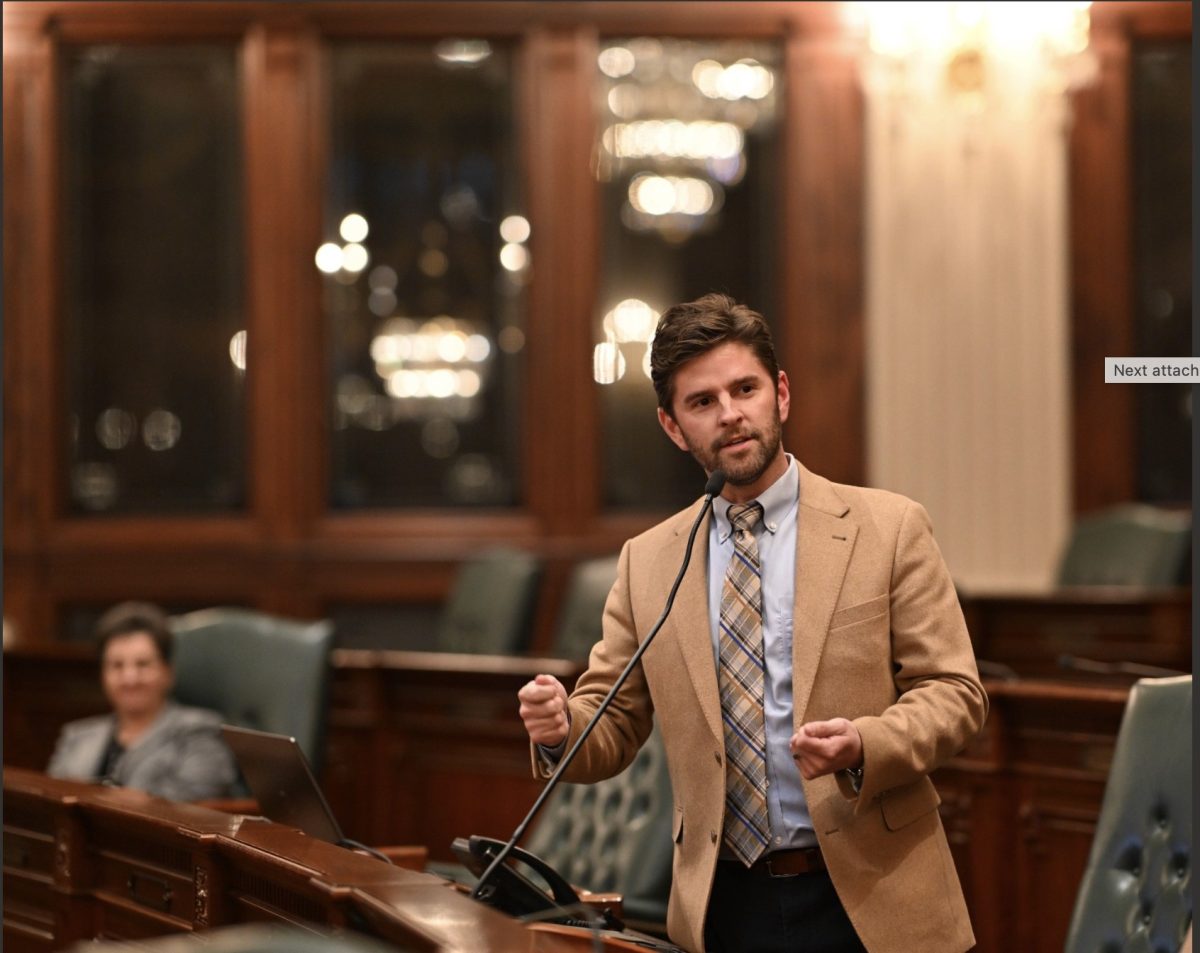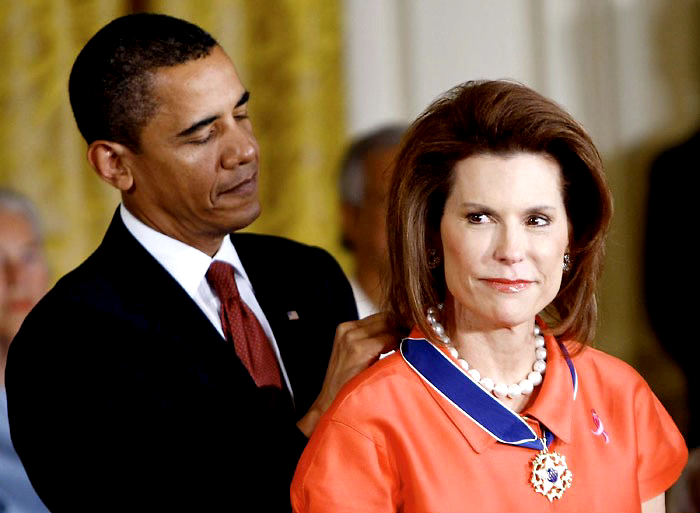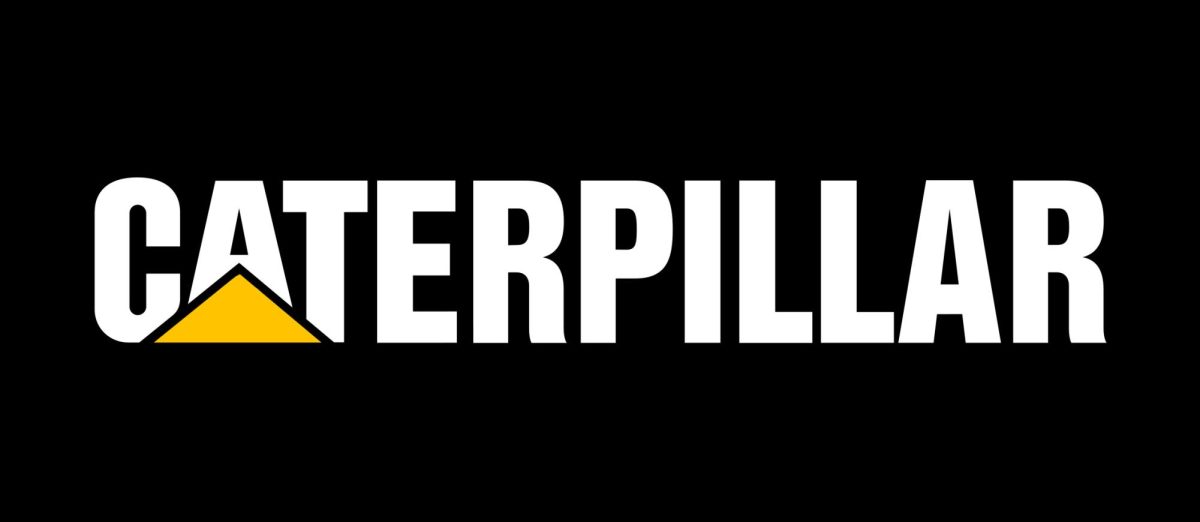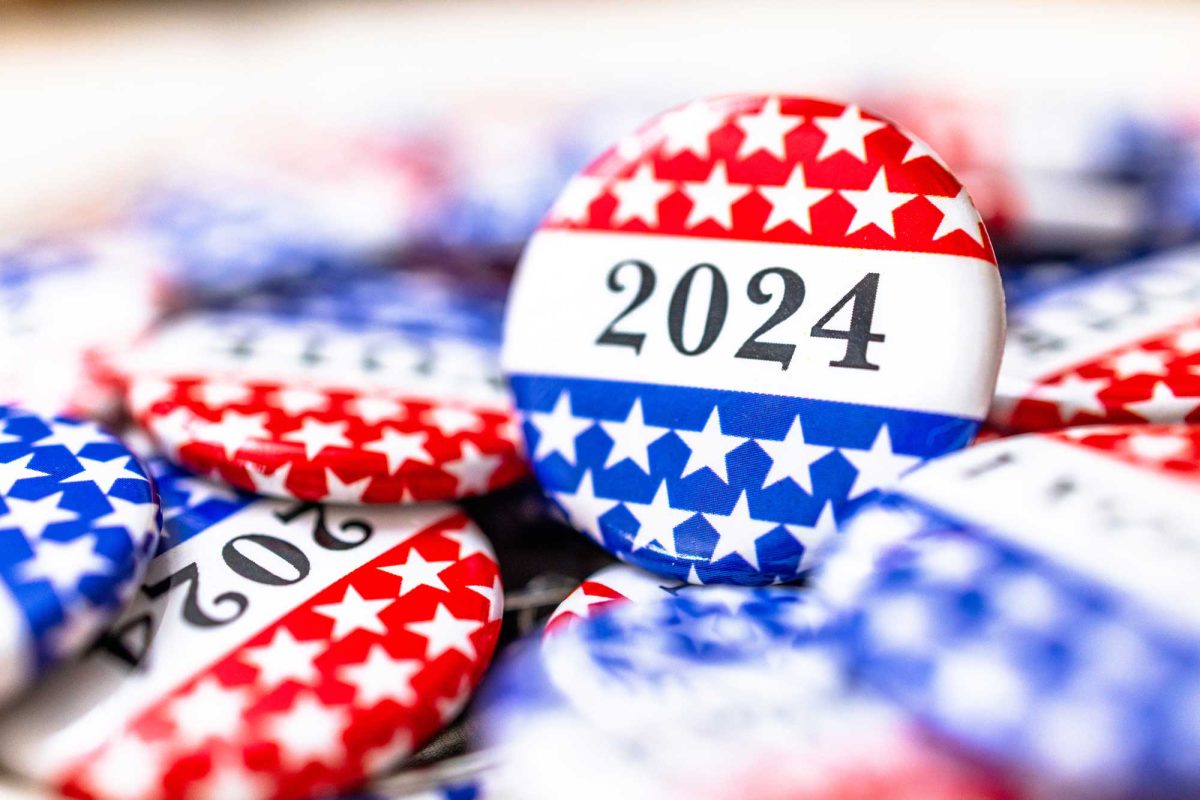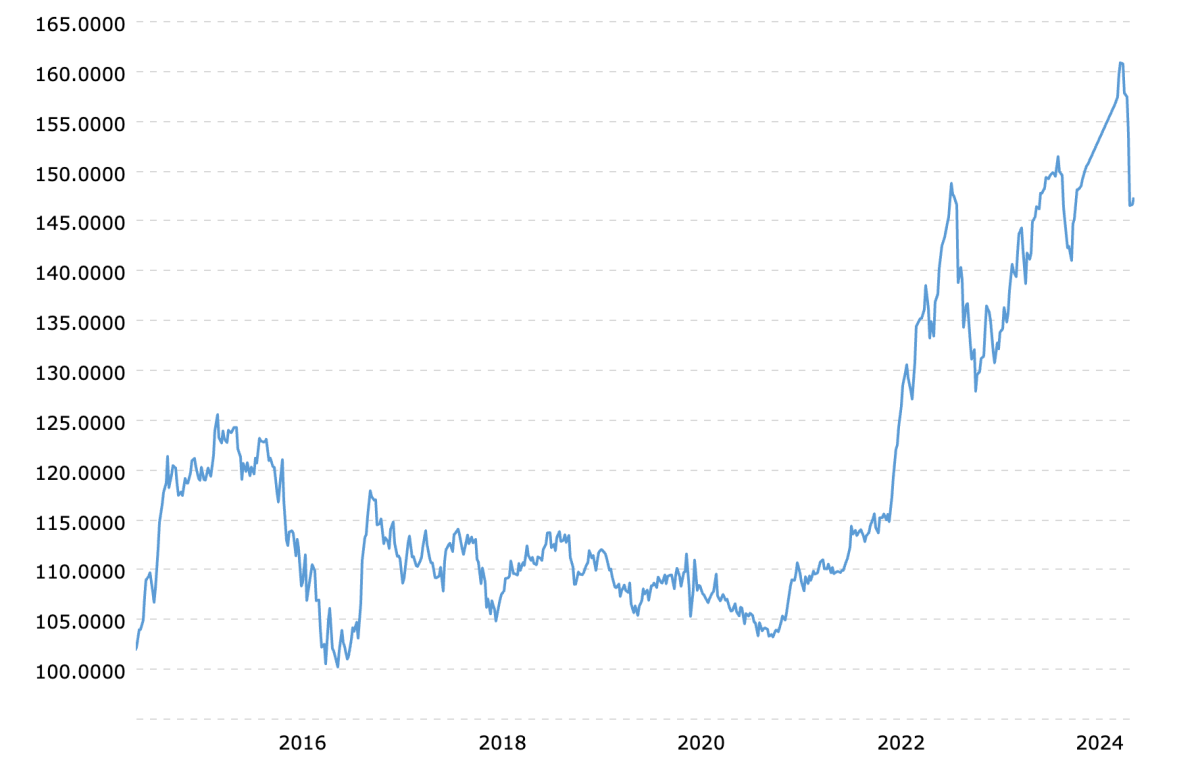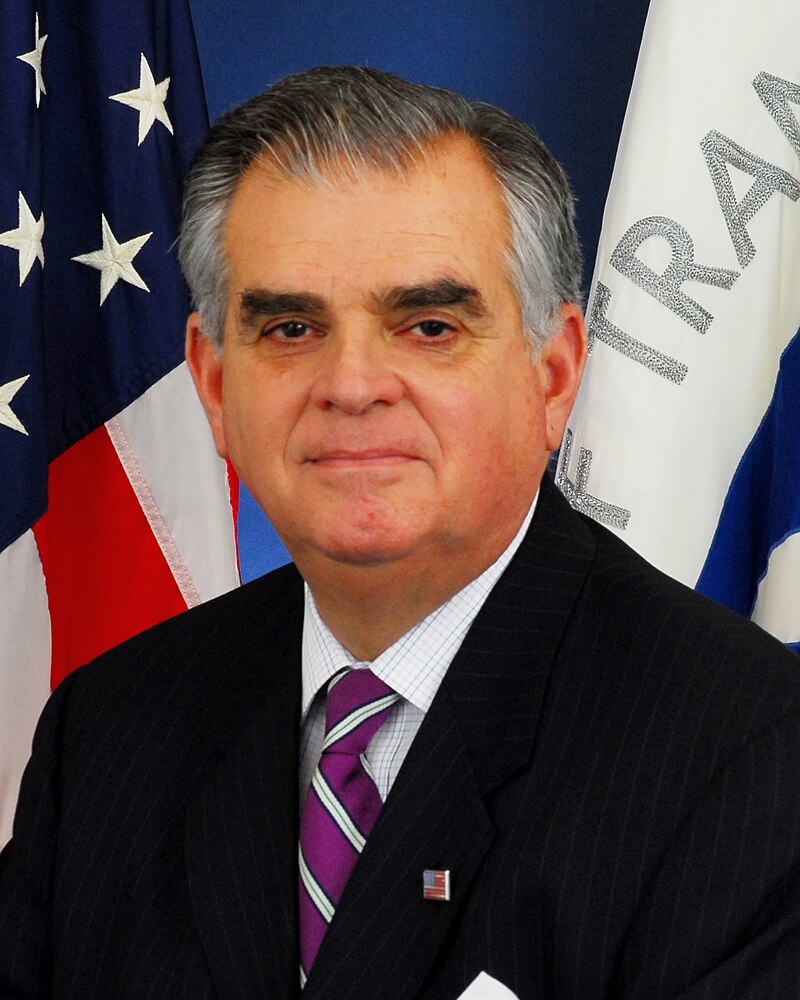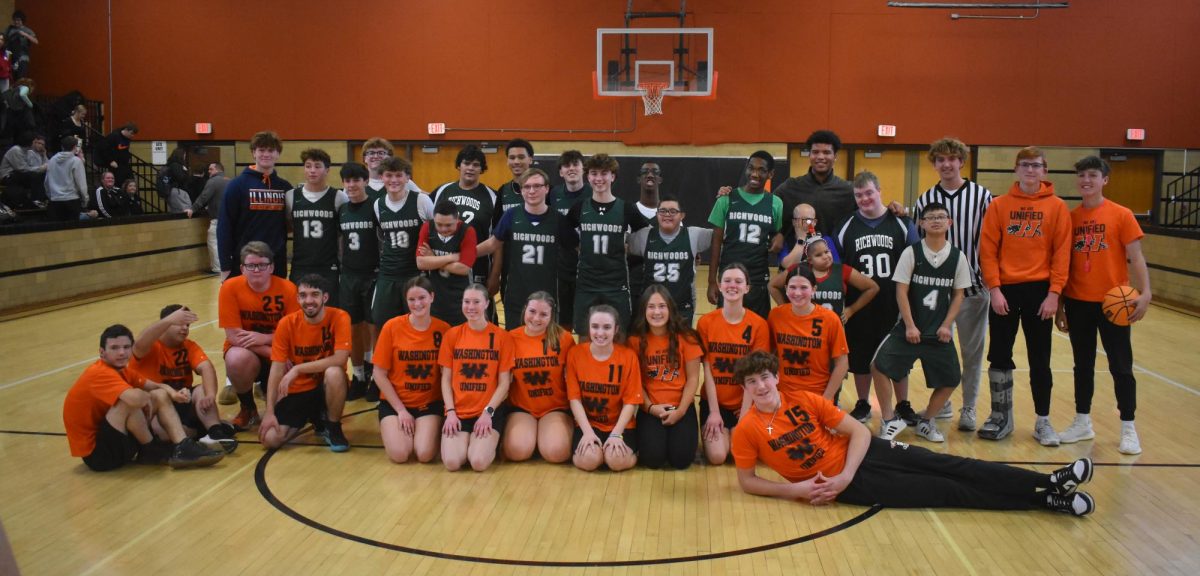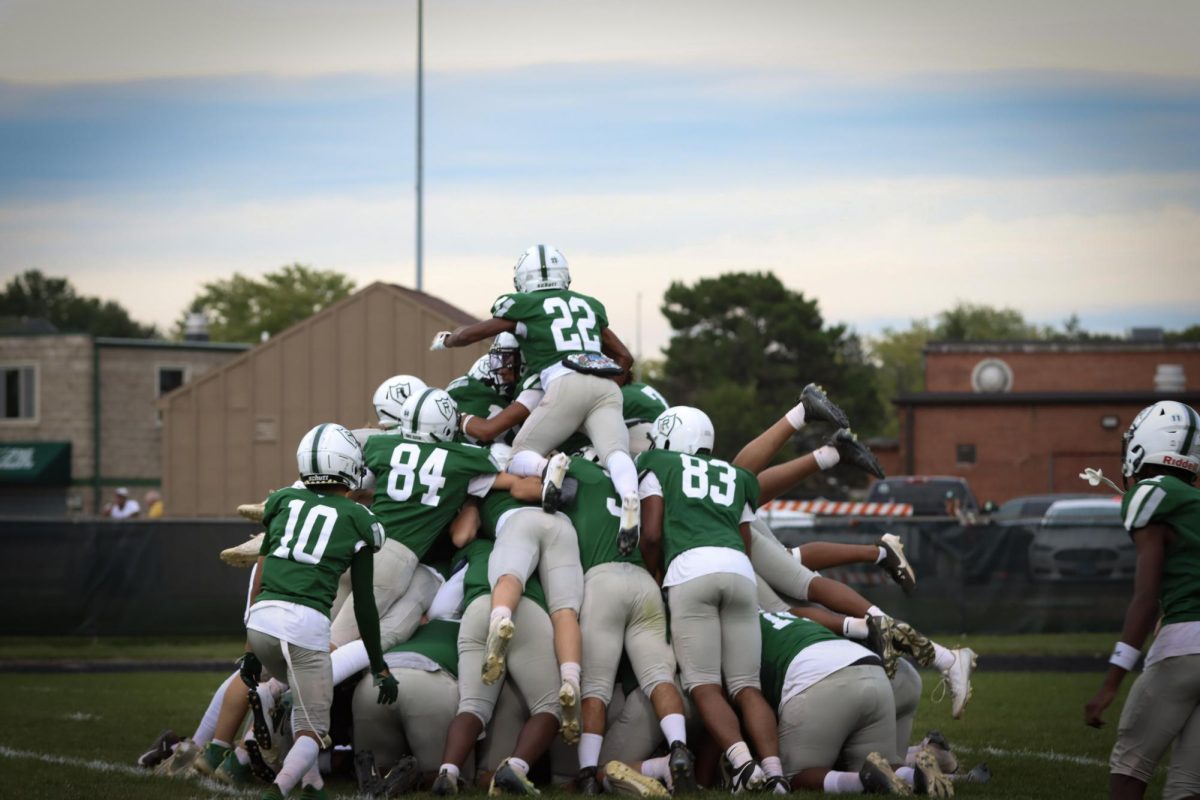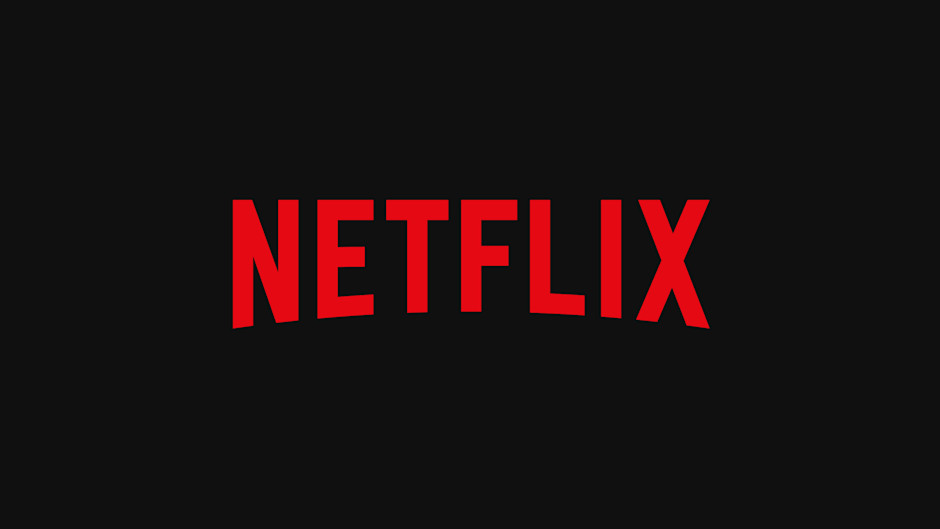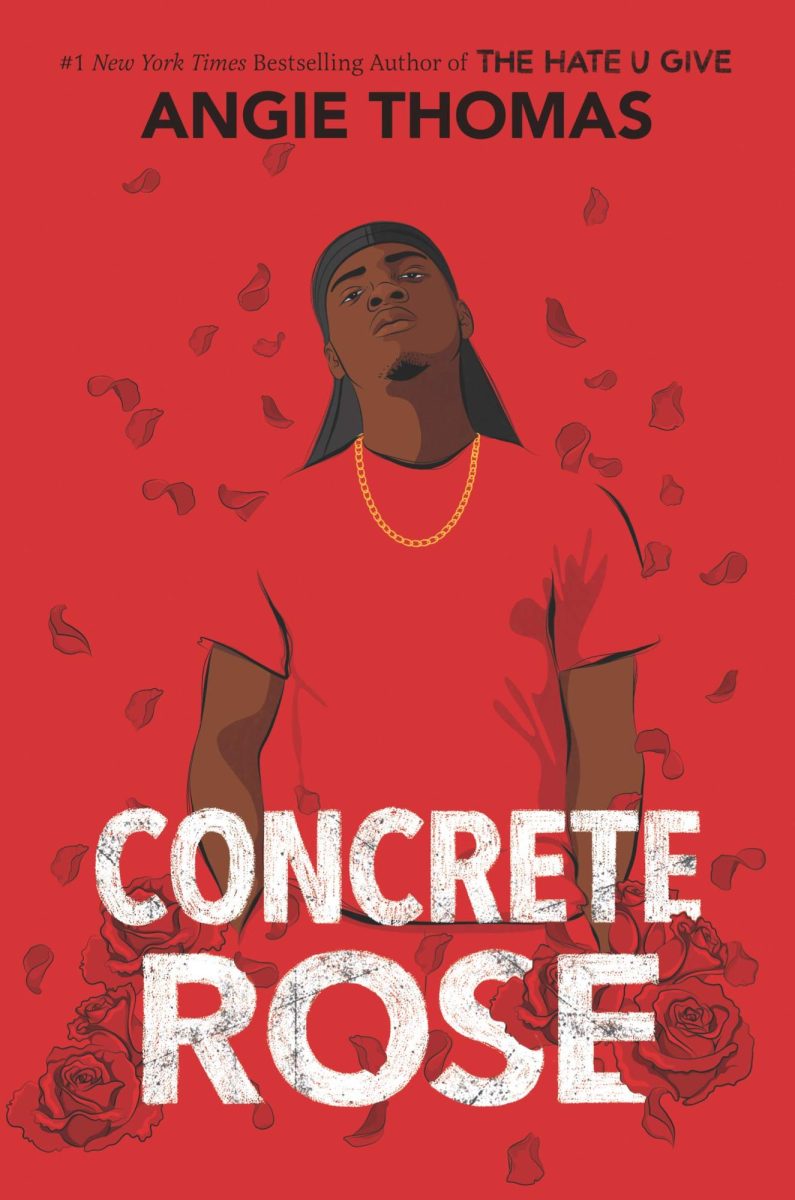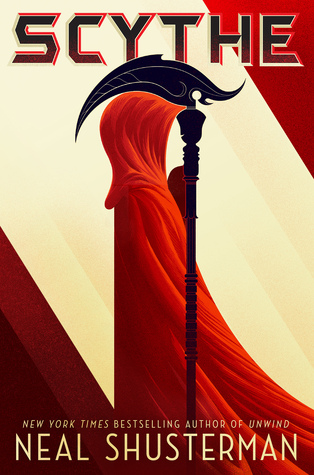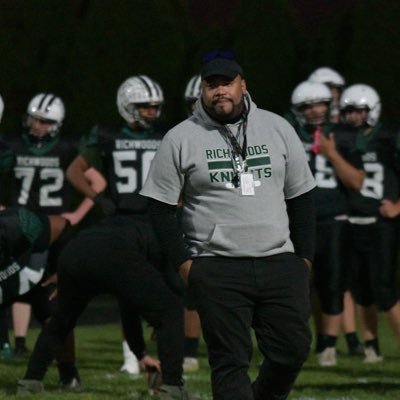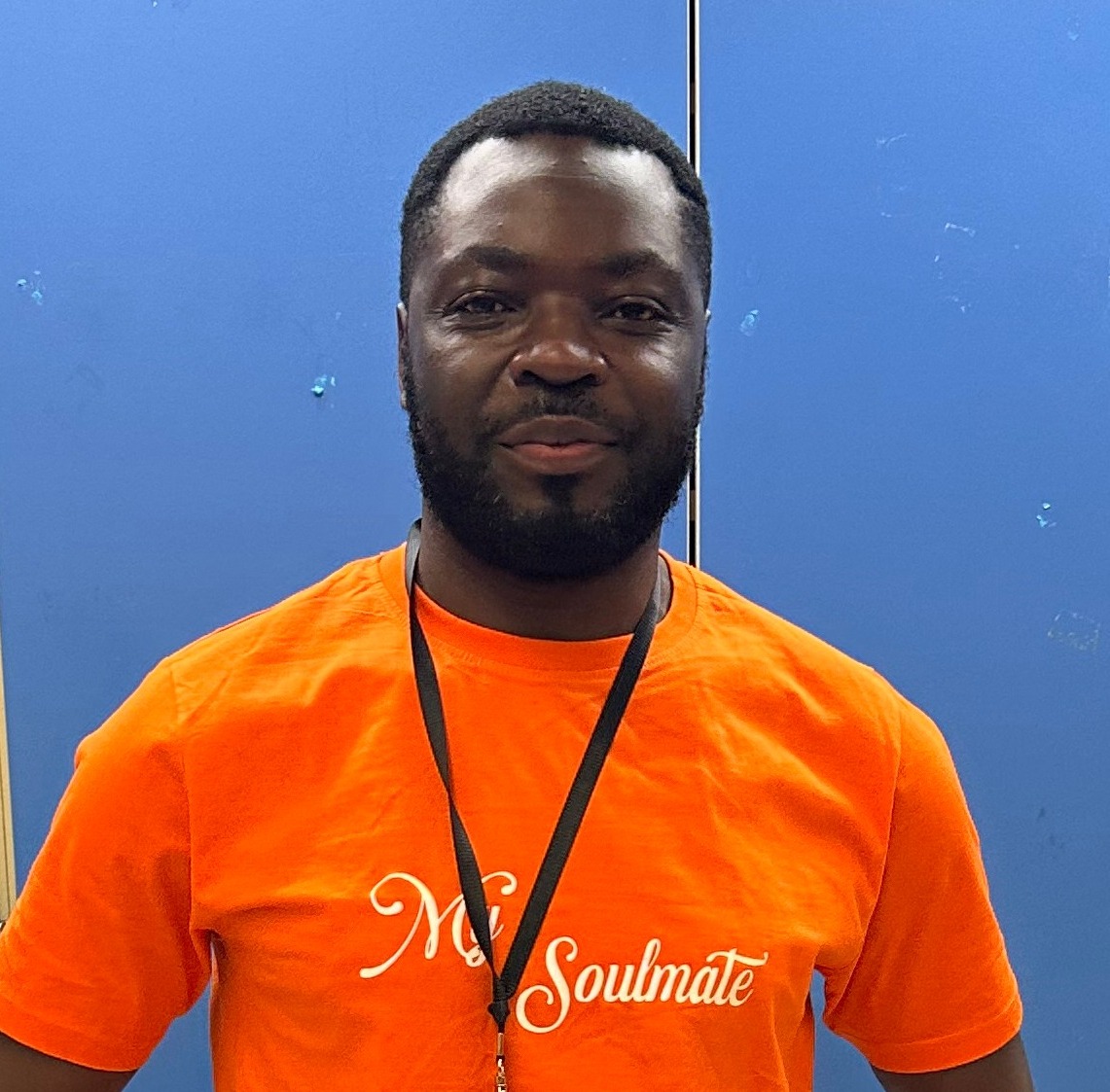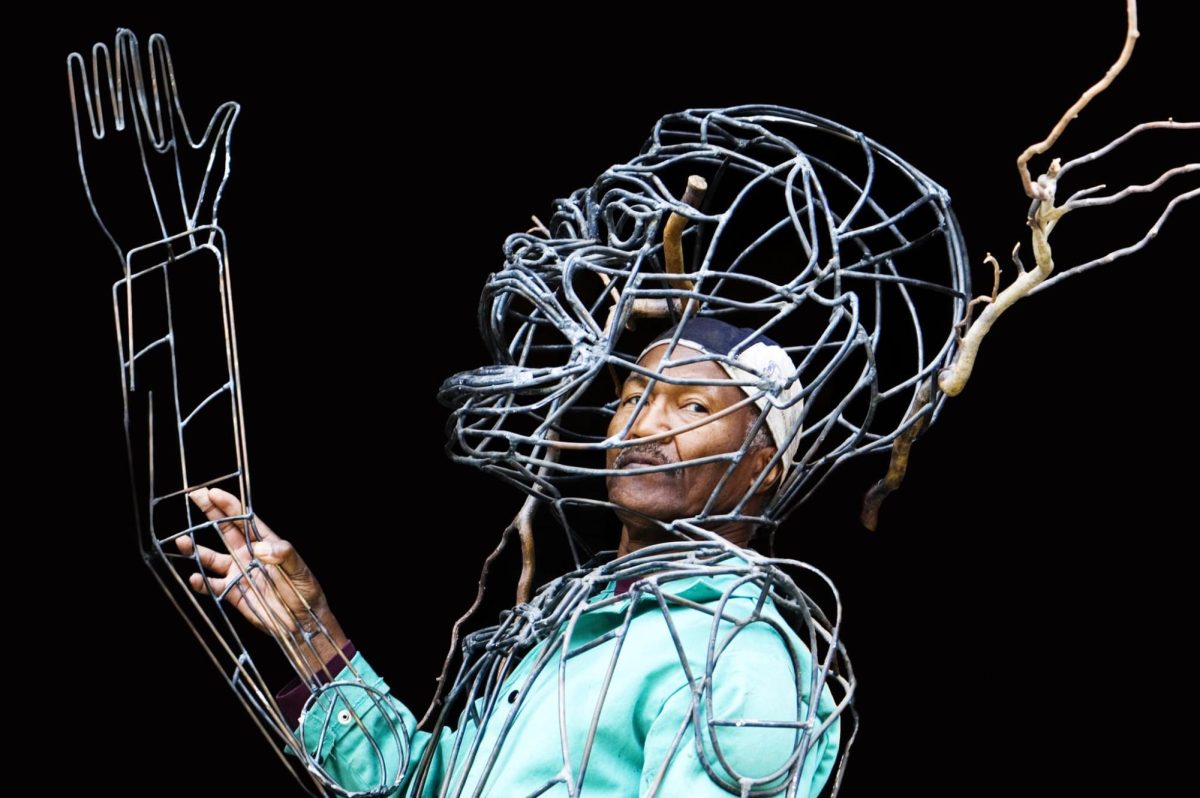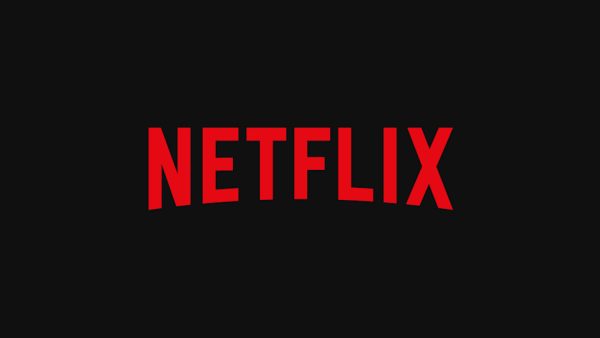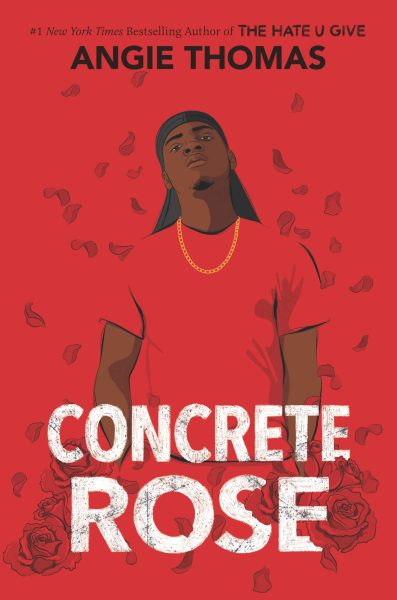Kanye West: A Whirlwind of Controversy
Adidas officially ended its partnership with rapper and fashion designer Ye (also known as Kanye West) in a statement released on October 25th. Adias stated “we do not tolerate antisemitism and any other sort of hate speech” and that Ye’s remarks were “unacceptable, hateful and dangerous.” The company’s principles of “diversity and inclusion, mutual respect and fairness,” according to Adidas, were broken. As a result, Adidas estimated the decision will cost up to $264 million, since Yeezy brings in almost 10% of its annual revenue. While the termination will affect Adidas significantly, Forbes predicts Ye will lose even more. His net worth dropped to $400 million since the partnership accounted for at least $1.5 billion. His net worth dropped even more after the $250 million lawsuit filed against him by George Floyd’s daughter, Roxie Washington, for his comments on the Drink Champs podcast.
Kanye’s first hateful controversy started when he wore a “WHITE LIVES MATTER” T-shirt to his Paris Fashion Week show and made a now removed tweet saying he would “go death con 3 ON JEWISH PEOPLE,” indicating the military term “DEFCON” that measures the intensity of a national threat on a scale of 1 to 5. For comparison, the 9/11 attacks raised the level to DEFCON 3.
Adidas announced a week after Kanye’s statement that the partnership was “under review.” Days passed, then weeks. As Ye’s ties with other companies such as Balenciaga, Vogue, and even CAA began dropping like flies, public pressure began mounting against Adidas to do the same. The silence certainly did not help.
Shortly after, Kanye was locked out of both his Instagram and Twitter accounts for 30 days because of his antisemitism conspiracy theories on October 9th. In fact, The Anti-Defamation League even launched a public pressure campaign to get the company to cut ties with many celebrities like Kat Dennings, David Schwimmer, and Busy Phillips sustaining it.
Others, like Reese Witherspoon and the Kardashians, have called them both out without mentioning Adidas or Ye. Jessica Seinfeld, a Jewish cookbook author and Jerry Seinfield’s wife, prompted her followers to repost a message saying, “I support my Jewish friends and the Jewish people,” which instantly went viral on Instagram.
With all the backlash towards Kanye and general frustration towards Adais’s silence, even Adias executives were frustrated. In a post on LinkedIn only a day before Adidas officially called off the partnership, Sarah Camhi, director of trade marketing in the United States for Adidas, said, “Coming off of the Adidas global week of inclusion, I am feeling anything but included.” While Adidas had broken ties with athletes who had failed drug tests or were difficult to deal with, she noted that the company was “unwilling to denounce hate speech, the perpetuation of dangerous stereotypes and blatant racism by one of our top brand partners.”Even Ye himself was aware, boasting on the Drink Champs podcast on October 16th, “I can say anti-Semitic things and Adidas can’t drop me.”
Even as Nazi organizations began to use Ye’s statements to target Jews and built an anti-Semitic billboard in Los Angeles that was condemned by the White House itself, Adidas persisted. “L.A. is a city of belonging, not hate,” Los Angeles Mayor Eric Garcetti tweeted on October 23rd. “We condemn this weekend’s anti-Semitic incidents. Jewish Angelenos should always feel safe. There is no place for discrimination or prejudice in Los Angeles. And we will never back down from the fight to expose and eliminate it.”
Adias’s incompetence to stand up to Kanye and his antisemitic practices were especially a slap in the face because of the company’s Nazi regime roots. The company was founded in 1924 Germany as the Gebrüder Dassler Schuhfabrik (Dassler Brothers Shoe Factory in English) by Adolf and Rudolf Dassler. The brothers rapidly garnered attention by inventing the first spiked shoes, which were punctured with nails for rough terrain.
On May 1 of 1933, the Dassler brothers formally joined the Nazi party, only three months since Hitler became Chancellor on January 30th. Rudolf was more committed to their ideals than Adolf, but they both carried their membership cards and ended letters with “Heil Hitler.”
The shoe company fit perfectly into the Nazis’ scheme, as they embraced sports to improve Germany’s public image and to prepare the future troops of young men. The sale of the sneakers instantly took off under Nazi rule, and their company more than doubled in size. During World War II, production of the shoes was dropped, so the factory could be used to for supplies and weaponry with Jewish slave labor. Adias does not support the nazi regime currently, but the company is put into a bad position not denouncing a man that is publicly antisemitic.
Considering all Kanye’s antisemitic comments and practices and hate towards George Floyd, lawyers from Washington D.C. plan to sue Ye, his business partners, and colleagues for “harassment, misappropriation, defamation and infliction of emotional distress,” according to attorneys. They initially sent Ye a cease-and-desist letter for his remarks, but he disregarded it. Attorney Pat D. Dixon III stated, “Kanye’s comments are a repugnant attempt to discount George Floyd’s life and to profit from his inhumane death. We will hold Mr. West accountable for his flagrant remarks against Mr. Floyd’s legacy.” However, Roy S. Gutterman, the Tully Center for Free Speech’s director, explains the 1st Amendment might put the family in a difficult legal struggle against Ye.
As of recent, Kanye partnership with Adias was terminated. Although, they will continue to sell the Yeezy shoes with Kanye’s endorsement. The once, unproblematic superstar has been reduced to ashes because of the lack of care and respect. The world has taken notice from celebrities, lawyers, and major companies. For the future, it is hoped that no company and organization will support someone with such blatantly hateful ideals.


